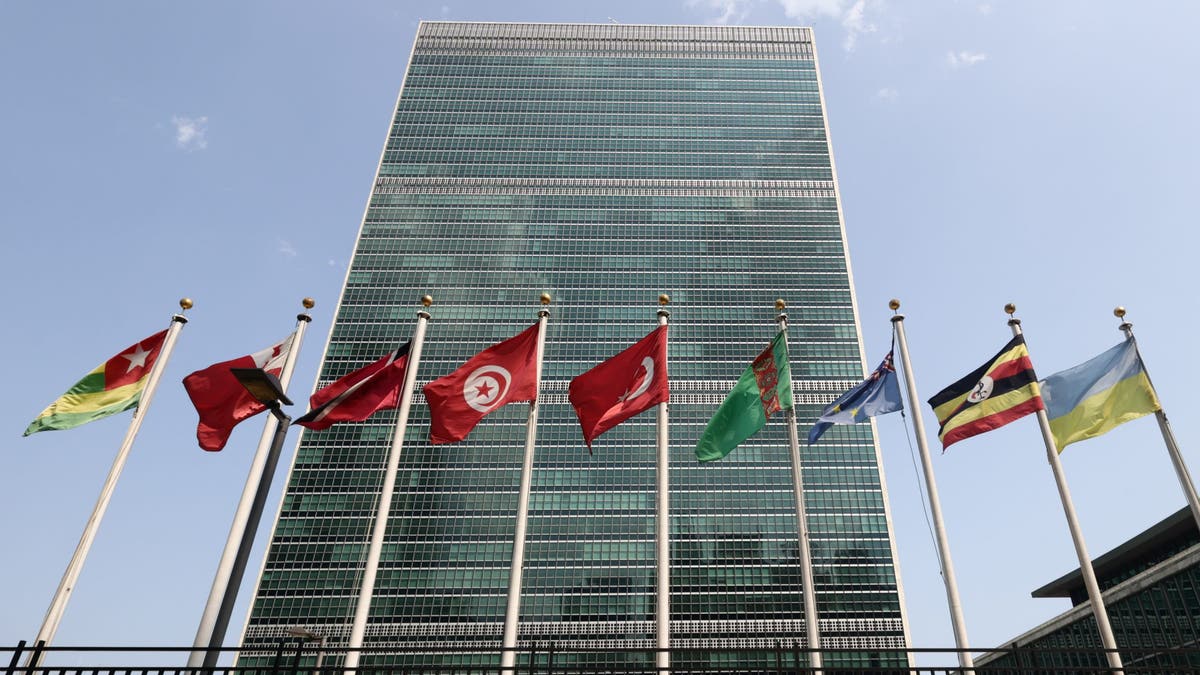The newly established Department of Government Efficiency (DOGE) has a prime opportunity to significantly reduce government spending, starting with the billions of taxpayer dollars directed annually to the United Nations. With the U.S. contributing nearly a quarter of the UN's budget, a closer examination of these expenditures is warranted.
American contributions fund not only essential UN operations but also questionable expenses like tax-free salaries, lavish lounges, and commemorations of obscure international days. Furthermore, U.S. funding supports peacekeeping efforts, some of which have been criticized for ineffectiveness, such as the UNIFIL mission in Lebanon.

The Office of the U.N. High Commissioner for Human Rights, also funded by American taxpayers, has faced scrutiny for its staffing choices, including "experts" whose agendas have raised concerns. A recent report on U.S. participation in the UN acknowledged the difficulty in identifying cost savings within the organization, a challenge DOGE is poised to address.
The UN's lack of budgetary transparency makes it difficult to track how funds are used and to prevent misuse. The General Assembly frequently approves new initiatives without a clear understanding of their costs, further complicating oversight. The practice of "burden-sharing," where the U.S. funds initiatives it opposes, raises questions about the effectiveness and fairness of the current funding model.

Past attempts at UN reform have yielded limited results, and Congress has struggled to keep pace with the proliferation of UN projects that warrant defunding. DOGE presents a fresh opportunity to address these issues, despite potential opposition from those who support the status quo.

Reassessing American contributions to the UN is not about abandoning international cooperation but about ensuring responsible and effective use of taxpayer dollars. DOGE has the potential to bring much-needed accountability to UN spending and to prioritize American interests.
Comments(0)
Top Comments